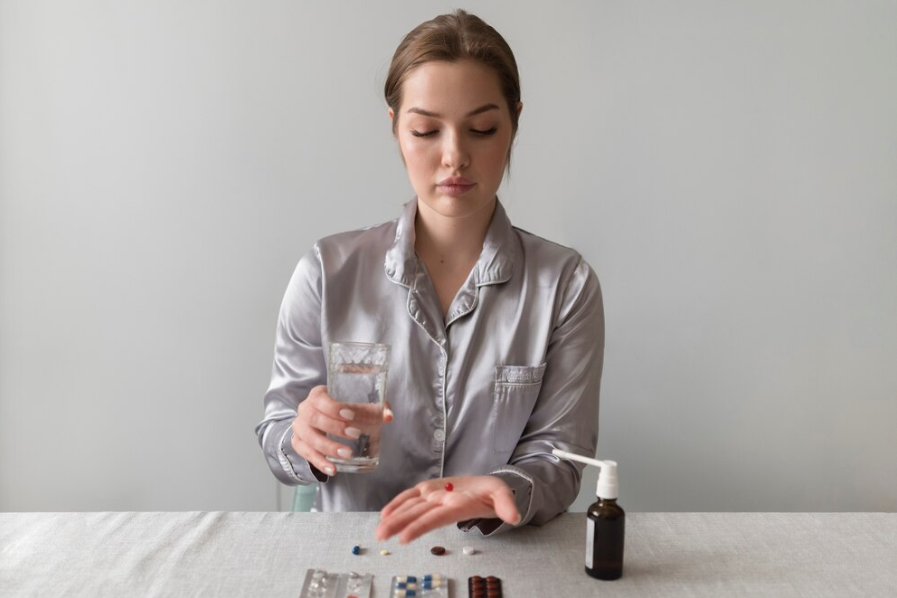Understanding Drug-Induced Psychosis: Causes, Symptoms, and Treatment Options
What is Drug-Induced Psychosis?
Drug-induced psychosis is a mental health condition triggered by the use of substances, causing symptoms such as hallucinations, delusions, paranoia, and disorganized thinking. When someone experiences drug-induced psychosis, their ability to perceive reality is distorted, often resulting in confusion, erratic behavior, and distress. The condition can arise suddenly during substance use, withdrawal, or even after prolonged use of certain substances.
Causes of Drug-Induced Psychosis
The causes of drug-induced psychosis often involve changes in brain chemistry induced by substances. Some substances elevate dopamine levels (often associated with hallucinations and delusions), activate cannabinoid receptors, or interfere with neurotransmitter balance. Individuals with a predisposition to mental health disorders are more susceptible, and their conditions can be exacerbated by substance use.
Related: Acute Stress Disorder: DSM-5 Classification
What Are the Symptoms of Drug-Induced Psychosis?
Drug-induced psychosis shares symptoms with other forms of psychosis but is specifically triggered by substance use. Common symptoms include:
- Hallucinations: Seeing, hearing, or feeling things that aren’t there
- Delusions: Strongly held false beliefs, often paranoid or grandiose
- Confused Thinking: Difficulty organizing thoughts coherently
- Disorganized Speech: Incoherent or jumbled speech patterns
- Paranoia: Intense fear of being watched, harmed, or conspired against
- Agitation and Aggression: Heightened irritability, restlessness, or violent behavior
The symptoms can range from mild to severe and may lead to distressing or dangerous situations for the affected individual and those around them.
Diagnosis Criteria
According to the Diagnostic and Statistical Manual of Mental Disorders, Fifth Edition (DSM-5), drug-induced psychotic disorder is diagnosed based on:
- Presence of hallucinations, delusions, or both
- Symptoms developing during or soon after substance use
- Symptoms not better explained by another mental disorder
- Clinically significant impairment in functioning
Which Substances Can Cause Substance-Induced Psychosis?
Many substances can trigger psychosis, including:
- Hallucinogens: LSD, magic mushrooms, etc.
- Stimulants: Methamphetamine, cocaine, etc.
- Cannabis: Particularly in high doses or for those predisposed to psychosis
- Prescription Medications: Certain antidepressants, steroids, etc.
- Synthetic Drugs: Synthetic cannabinoids (e.g., spice or K2)
The risk of psychosis varies based on the substance, dosage, individual susceptibility, and other factors.
Drug-Induced Psychosis Treatment
Recovery from drug-induced psychosis requires timely intervention and a comprehensive, individualized treatment plan to address both the psychological and physical effects.
Hospitalization and Withdrawal Management
For severe cases, hospitalization or supervised withdrawal management may be necessary to ensure the individual’s safety. Withdrawal management helps stabilize the individual, reducing the risk of complications while addressing the underlying substance use disorder.
Inpatient and Outpatient Treatment
Inpatient Treatment: Provides a structured environment for intensive care, addressing the psychological and physical aspects of drug addiction. Therapy, support, and skill-building sessions help individuals navigate their recovery journey.
Outpatient Treatment: Offers flexibility for individuals who can maintain daily routines while attending therapy sessions. Options such as Partial Hospitalization Programs (PHP) and Intensive Outpatient Programs (IOP) allow tailored care based on individual needs.
Ongoing Support
Continued support is vital for long-term recovery, including therapy, peer support, and aftercare programs. These services reinforce progress, prevent relapse, and promote stability and well-being.







